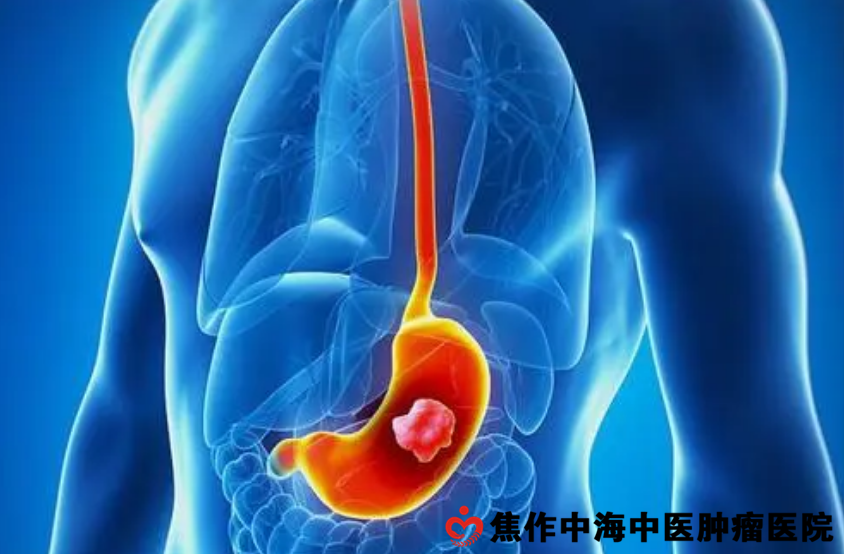1. Who is prone to gastric cancer.
Gastric cancer is one of the most common malignant tumors in China. Compared with Europe and the United States, Chinese stomach is more likely to be targeted by gastric cancer.
So who is prone to gastric cancer?People with poor eating habits. Such as irregular diet, overeating; long-term consumption of high-salt, smoked products, salted food.People with bad living habits. Smoking increases the risk of stomach cancer by 48%, while drinking increases the risk of stomach cancer by 82%.Those with a family history of gastric cancer.People with gastric ulcers, gastric polyps, chronic atrophic gastritis and other stomach diseases, that is, people with precancerous lesions.People infected with Helicobacter pylori.A person with a long-term mental state. Such as depression, sadness, depression and other bad emotions, will lead to an increase in the incidence of gastric cancer.A person of some special occupation; a person who lives in geology and water quality containing harmful substances.2. The manifestation of gastric cancer.Most patients with early gastric cancer have no obvious symptoms, and some patients may have dyspepsia. Epigastric pain and progressive weight loss are the most common clinical symptoms of advanced gastric cancer. Patients mainly have more specific upper gastrointestinal symptoms, such as epigastric discomfort and fullness, with the progression of epigastric pain, loss of appetite, nausea, vomiting, fatigue and other symptoms. Patients with advanced gastric cancer often show weight loss, anemia, malnutrition and even cachexia. The clinical manifestations of gastric cancer vary according to the location of the tumor. If cardiac cancer involves the lower end of the esophagus, swallowing may occur. Difficulty: severe nausea and vomiting may occur when pyloric obstruction is caused by gastric antrum cancer; gastrointestinal bleeding symptoms such as hematemesis and black stool may occur in ulcerative gastric cancer. But some patients with gastric cancer, their symptoms are mainly "extra-gastric" manifestations, such as anemia, paracancerous syndrome (thrombophlebitis, dermatomyositis, etc.).

